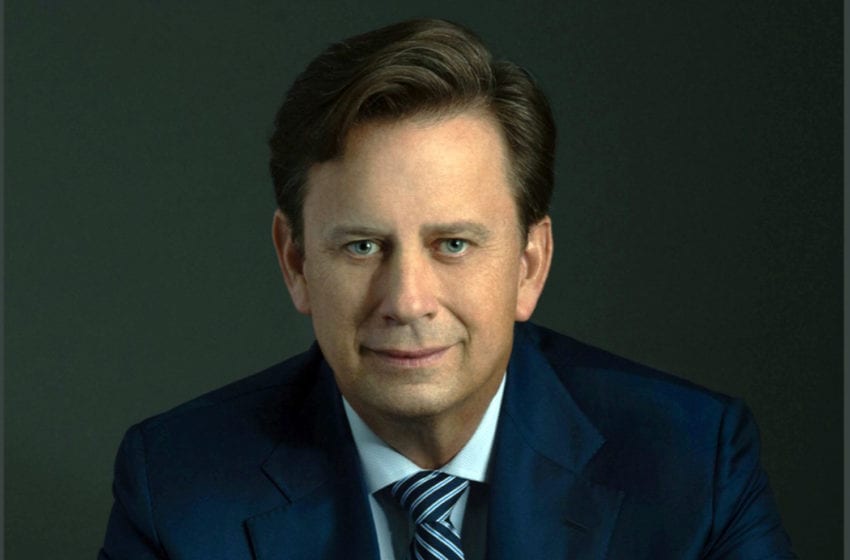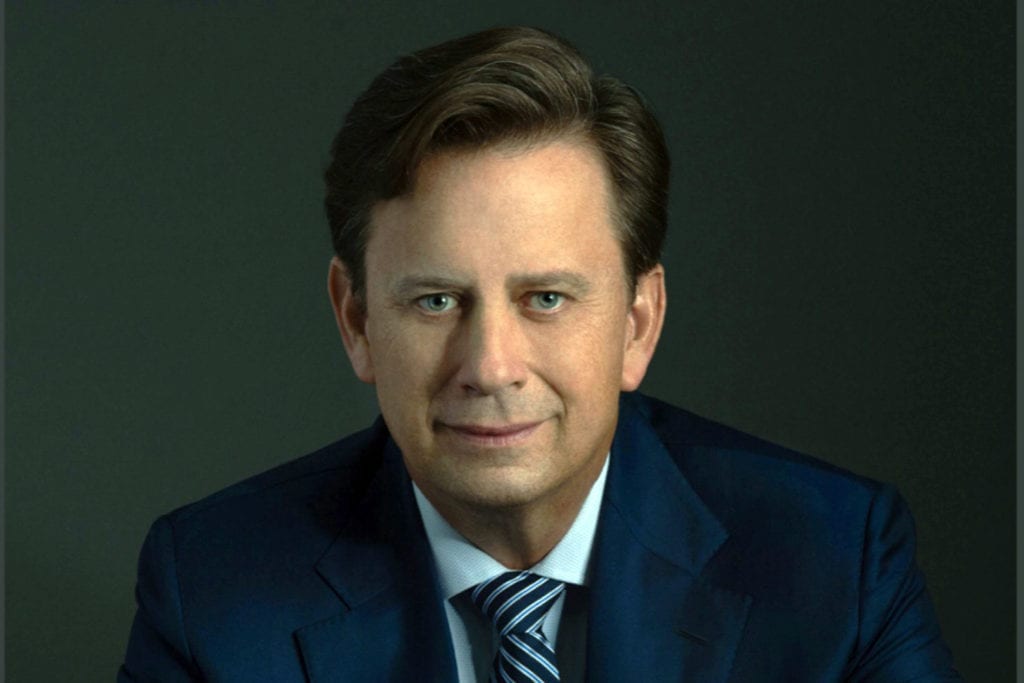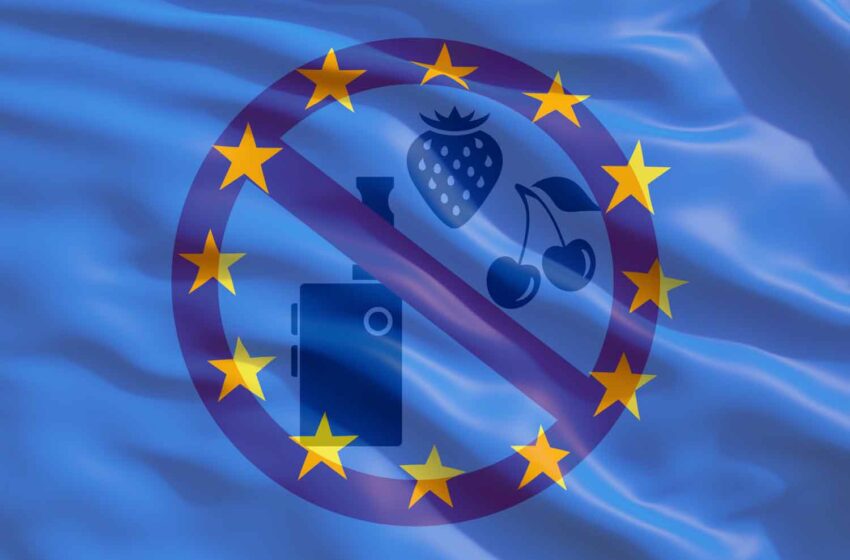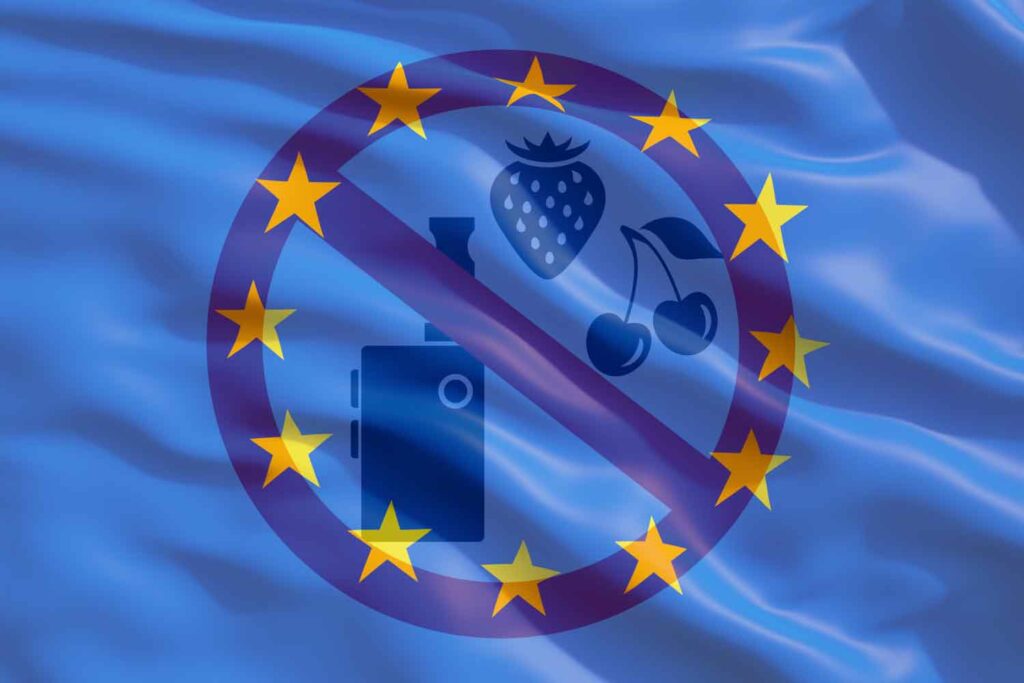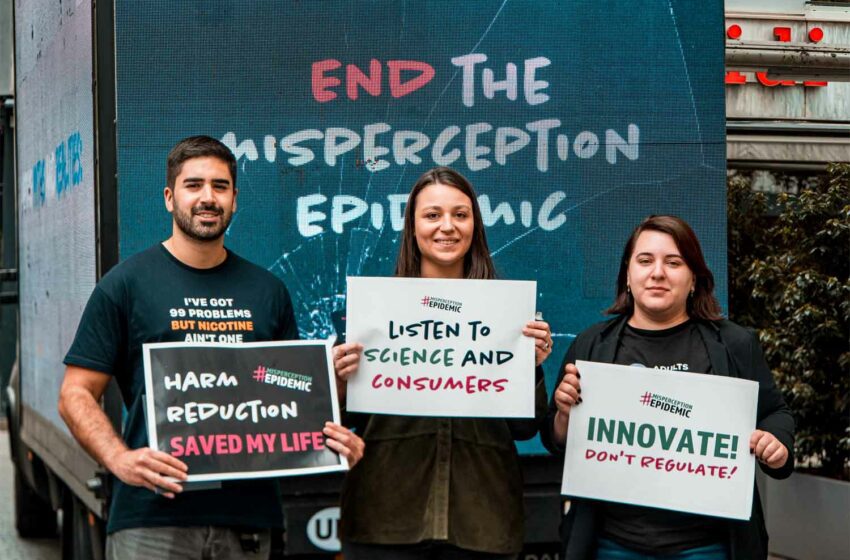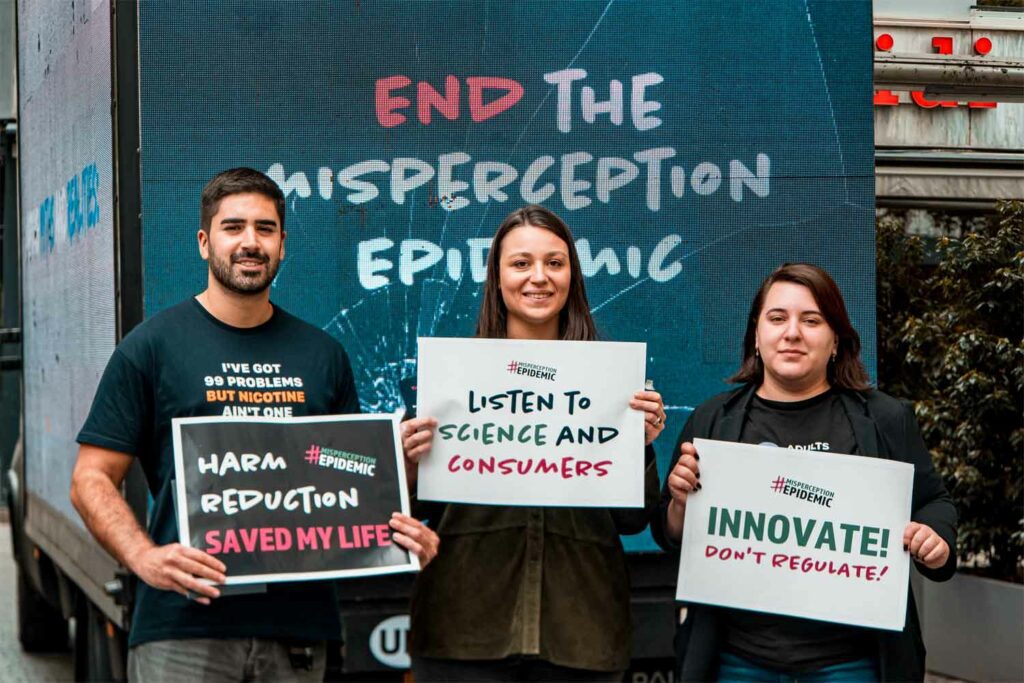
Tobacco-funded research is still appearing in highly cited medical journals despite attempts by some publications to cut ties, according to an investigation by The Investigative Desk and the BMJ.
The researchers checked the tobacco policies of 10 leading general medical journals and 10 journals in three therapeutic areas especially affected by smoking.
Of those 40 journals, only eight (20 percent) had policies prohibiting studies wholly or partly funded by the tobacco industry. Of the 10 journals in the field of respiratory medicine, six had a tobacco policy, but in oncology, only one did, and in cardiology, none had one. Among the 10 general medicine journals, only the BMJ had such a policy.
But even among the journals that have a policy, the editors struggle to identify subsidiaries or organizations associated with the tobacco companies, according to the researchers. Last year, one of BMJ Group’s titles, BMJ Open, retracted a paper after it became clear that the listed funder receives sponsorship from the Foundation for a Smoke-Free World, a group supported and fully funded by tobacco company Philip Morris International.
(The Foundation for a Smoke-Free World ended its PMI funding agreement in October 2023. More recently, the group rebranded as Global Action to End Smoking and adopted a policy to not seek or accept funding from any industry that manufactures tobacco products or nonmedicinal nicotine products.)
The investigation cites the case of Dutch researcher Wytse van den Bosch, who had a research grant from pharmaceutical company Vectura when the company was bought by PMI in 2021. Nevertheless, his study was still published in the European Respiratory Journal, which said the research was not in breach of its policy as the grant from Vectura was initiated in 2018.
Ruth Malone, professor of social behavioral sciences at the University of California and former editor-in-chief of BMJ Group’s Tobacco Control journal, said that institutions, professionals and scientific journals should refuse involvement with the tobacco industry.
“Anyone who understands the history, extent and nature of the epidemic and the tobacco industry’s strategic efforts to divide the public health community knows that industry money should be rejected,” she said in a statement.
Nicholas Hopkinson, professor of respiratory medicine at Imperial College London, notes that given the industry’s “long-standing history of dishonesty,” it is “very straightforward” that researchers should cut ties to companies after they are acquired by Big Tobacco, as otherwise they would be “working with the tobacco industry” and contribute to their profits.
On May 30, BMJ updated its 2013 tobacco policy. In addition to excluding research funded by the tobacco industry, BMJ journals will also exclude work where authors have personal financial ties to the tobacco industry.
“The updated policy is one action BMJ journals can take to reduce the publication of content which downplays the harms of smoking or hinders the creation of a world free from the harms of smoking,” the publisher wrote in a statement.
“Creating a stronger firewall between the tobacco industry and BMJ content will provide space for editors to curate and publish content that is more independent and trusted and contributes to a healthier world.”


